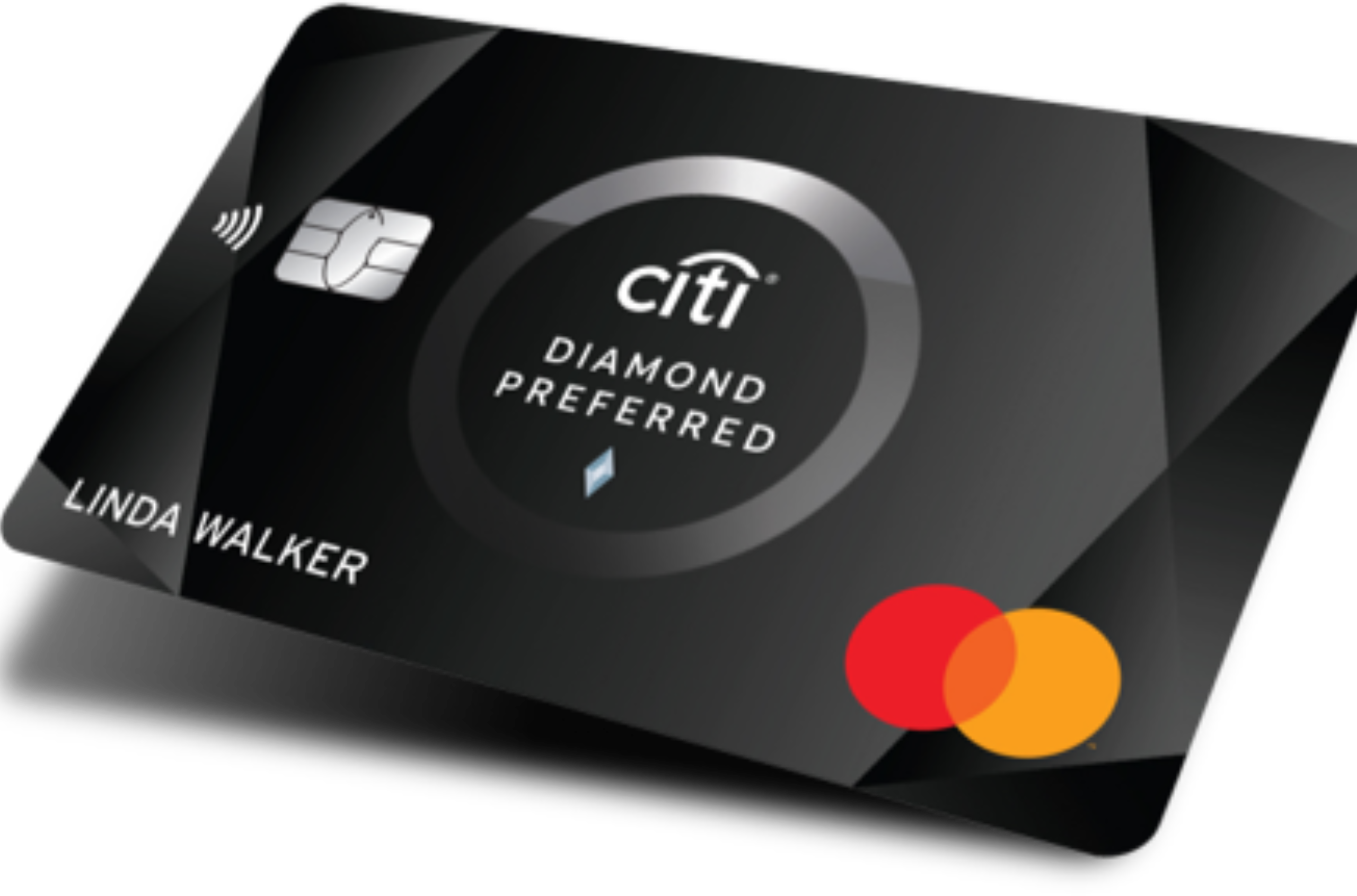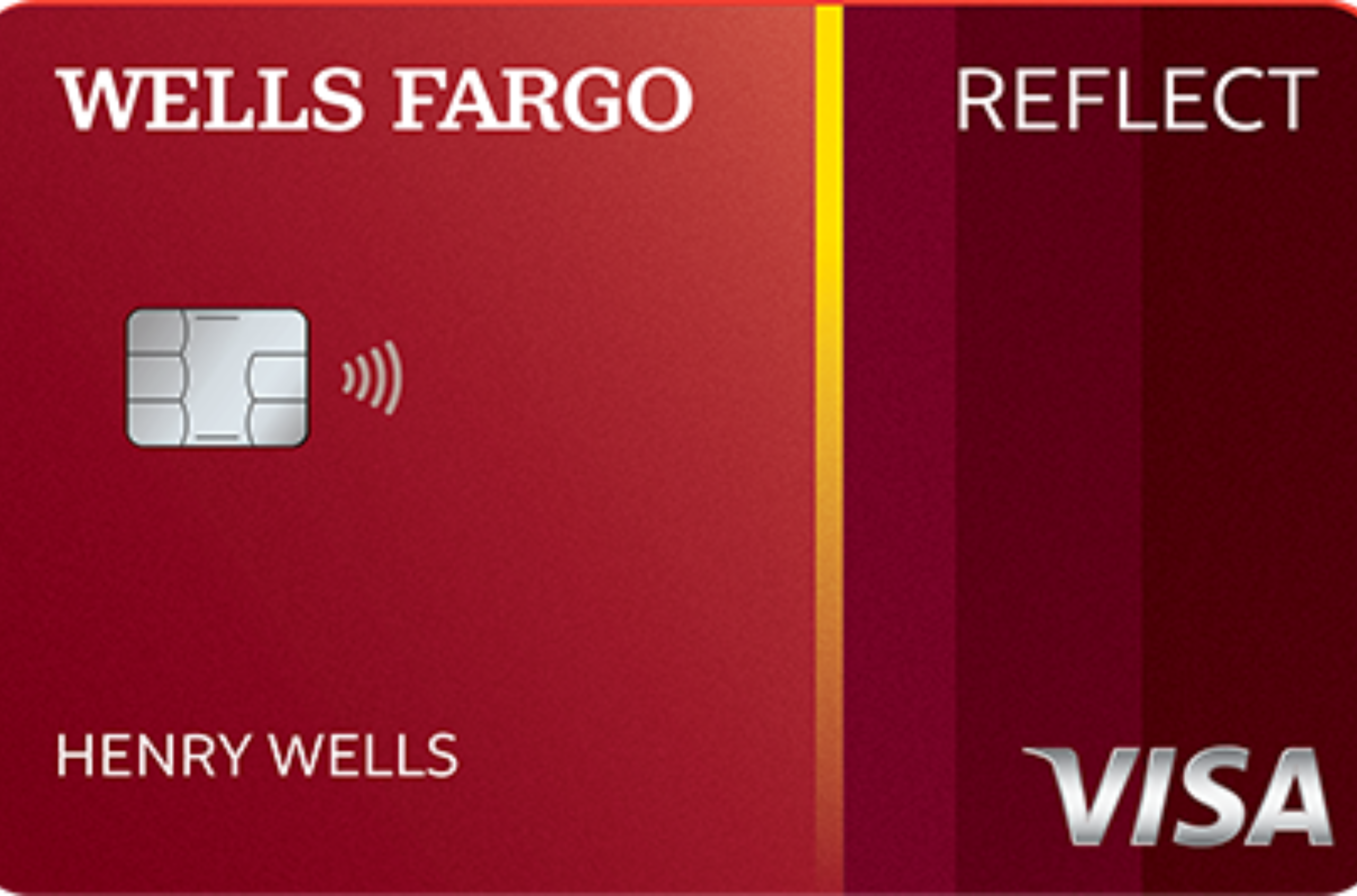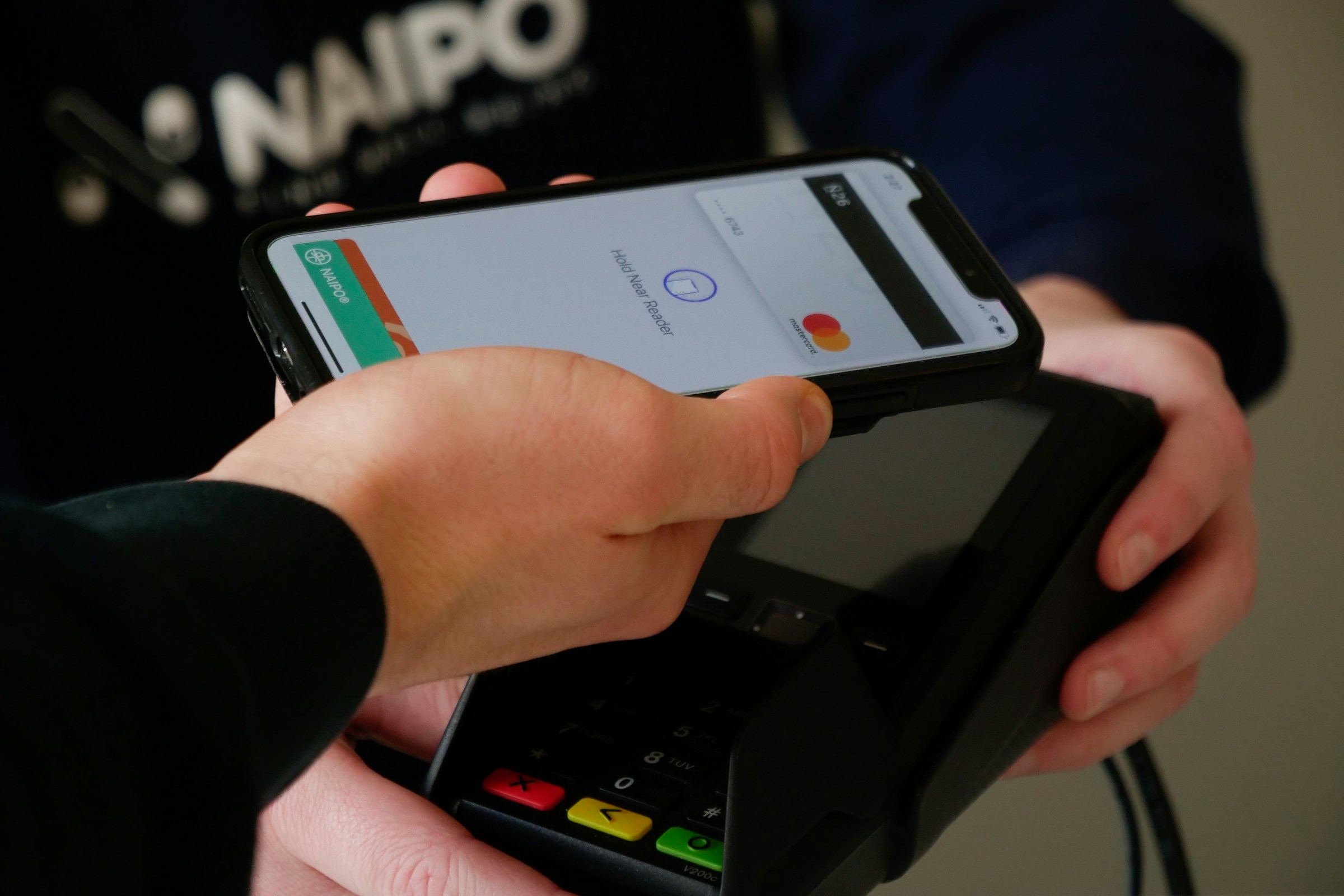
Inflation is hitting everyone hard, and for seniors on a fixed income, it can feel especially overwhelming. The good news? There are plenty of frugal living tips for seniors to stretch your dollars without giving up the things you enjoy. Many retirees have learned these lessons the hard way—here’s how you can benefit from their wisdom and keep more money in your pocket.
1. Downsize Sooner to Save on Housing Costs

Housing is often the biggest expense, and many seniors realize too late that they could have saved thousands by moving to a smaller place earlier. A smaller home means lower mortgage or rent payments, cheaper utilities, and fewer maintenance costs. If your current home has more space than you need, selling it could free up extra cash for travel, hobbies, or everyday expenses. Plus, moving before it becomes necessary gives you more control over where you live and how much you spend.
2. Take Advantage of Senior Discounts Everywhere

You might be surprised by how many places offer senior discounts—grocery stores, restaurants, movie theaters, and even some utility companies. The trick is to ask! Many businesses don’t advertise their discounts, but they’ll gladly apply them if you inquire. Signing up for programs like AARP or checking with local senior centers can help you find deals you never knew existed. Some stores even have designated senior discount days, which can add up to big savings over time.
3. Cut the Cord on Expensive Cable Plans

You shall not watch too much Law and Order. You shall not watch too much CSI. We are joking, but, seriously, traditional cable can cost well over $100 a month, but there are cheaper ways to enjoy your favorite shows. Streaming services like Netflix, Hulu, and Amazon Prime offer tons of content for a fraction of the cost. If you still love live TV, a digital antenna can pick up local channels for free. Some seniors share streaming subscriptions with family members to save even more. A quick review of your monthly entertainment costs can reveal where you might be overpaying—and cutting back doesn’t mean giving up quality entertainment.
4. Plan Meals and Shop Smart to Lower Grocery Bills

Food prices have skyrocketed recently, but smart shopping can help you spend less without sacrificing quality. Planning meals in advance prevents last-minute splurges and food waste. Buying in bulk (especially for staples like rice, beans, and canned goods) often leads to major savings. Discount grocery stores and farmers’ markets can offer better prices than big-name supermarkets. Also, using coupons and cashback apps can bring down costs even further. Cooking at home instead of dining out can save thousands over a year—and it’s usually healthier, too!
5. Rethink Car Ownership and Transportation Costs

Owning a car is expensive, between gas, insurance, maintenance, and repairs. Not to mention, many major urban areas are overly congested with traffic. So, if you don’t drive often, switching to public transportation, ride-sharing, or a senior transit service might save you thousands per year. Many cities offer seniors discounted bus and train passes, making it a budget-friendly alternative. Walking or biking for short trips isn’t just free—it’s also great for your health. If you have a second car sitting in the driveway, selling it could put extra cash in your pocket while cutting unnecessary expenses.
6. Save Big by Choosing Generic Brands

Brand-name products aren’t always better, but they’re almost always more expensive. Many seniors wish they had switched to store-brand or generic products sooner. From prescription medications to pantry staples, generic versions often have the same ingredients and quality but cost significantly less. Shopping at discount stores, comparing unit prices, and avoiding brand loyalty can result in serious savings over time. Even buying secondhand clothes and furniture can lead to great finds at a fraction of the cost.
7. Cut Utility Bills with Energy-Saving Habits

Energy costs keep rising, but simple changes can lower your monthly bills. Switching to LED bulbs, unplugging electronics when not in use, and using a programmable thermostat can lead to big savings. Many energy companies offer discounts or efficiency programs for seniors—check with your provider to see what’s available. Weatherproofing your home can help keep heating and cooling costs down, and washing clothes in cold water or air-drying can also help reduce electricity use. Small changes can add up to major savings over time.
8. Take Advantage of Free Community Resources

There are more free and low-cost resources available than many seniors realize. Libraries offer free books, movies, internet access, and classes. Senior centers provide exercise programs, social events, and educational workshops at little to no cost. Some nonprofits and community groups offer free meals, transportation, and even home maintenance assistance for seniors. Checking out local resources can help you save money while staying active and connected. Many government programs also offer financial relief, so it’s worth exploring what’s available in your area.
Small Changes Lead to Big Savings

You don’t have to make drastic lifestyle changes to see real savings. By implementing even a few of these strategies, you can make your money go further without sacrificing the things you enjoy. If you found these tips helpful, share them with a friend or family member who might benefit from them.







